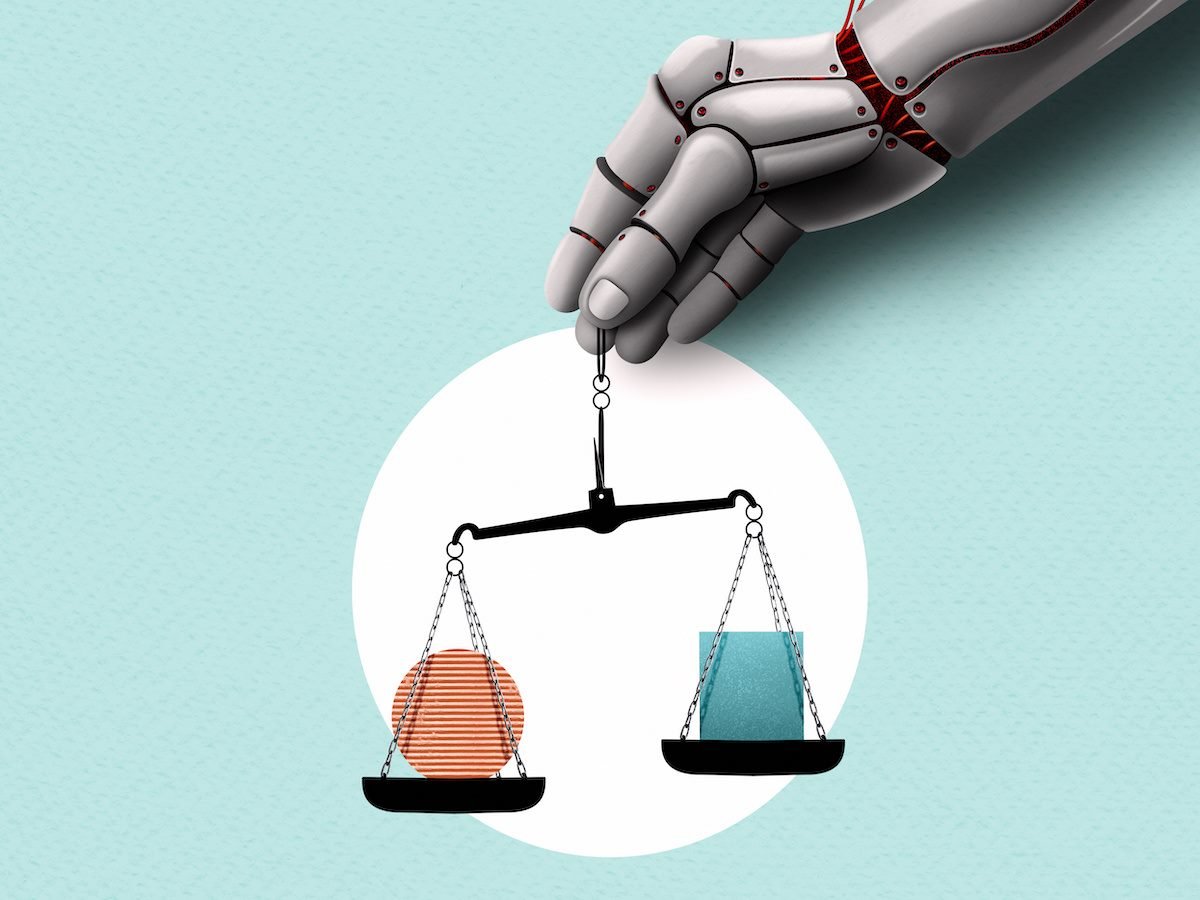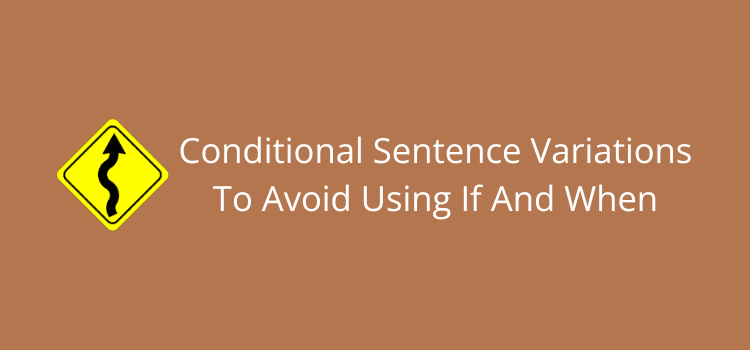“Unlocking the Hidden Traits: 8 Surprising Signs You Might Not Realize Your True Worth”
That’s a classic example of avoiding the spotlight rooted in deeper issues of self-worth.
4. They seek external validation relentlessly
A lot of people crave validation—it’s part of human nature to want to feel seen and heard. But for someone who struggles with their self-worth, external validation can become a lifeline. They end up relying heavily on friends, romantic partners, or colleagues to determine whether they’re “good enough.”
I once had a conversation with a close friend who would send me drafts of every single email she wrote—even something as small as confirming an appointment. She wanted constant assurance that what she was doing was acceptable.
As the team over at Verywell Mind mentioned, this kind of behavior keeps you stuck because you become dependent on others for a sense of security or competence.
Michelle Obama once said, “We need to do a better job of putting ourselves higher on our own ‘to do’ list.” That line always strikes me when I think about people who prioritize validation from others over self-approval.
If you don’t believe in your own worth, you can become addicted to external sources to fill that void. But at the end of the day, no amount of outside praise can fully convince you of your value if you don’t buy into it yourself.
5. They have trouble setting boundaries
I’ve written before about how crucial boundaries are in any relationship—romantic, familial, or professional. (You might have read my post on how to navigate tough love without burning bridges.)
One thing I’ve noticed is that people who struggle with self-worth also struggle to maintain clear boundaries. After all, if you don’t see your needs as valid, why would you insist on them?
In my counseling practice, I often meet clients who let family members walk all over them or handle more workload than is reasonable because they can’t bring themselves to say “no.” Deep down, they might believe they have less right to speak up.
This can lead to resentment, burnout, and a profound sense of being unappreciated. Yet ironically, they don’t realize that part of the problem is their inability to recognize the validity of their own limits.
It’s a tough cycle: low self-worth leads to weak boundaries, weak boundaries lead to feeling used or neglected, and that feeling reinforces low self-worth.
Breaking this chain requires gradually practicing boundary-setting skills, like politely declining requests that stretch you too thin, and remembering that your well-being isn’t any less important than anyone else’s.
6. They fear rejection more intensely than others
Let’s be honest: no one particularly enjoys rejection. But for those with fragile self-worth, the possibility of being turned down—whether it’s for a job, a date, or an opinion—can be terrifying. The mere hint of rejection can feel like a personal condemnation of their entire character.
Daniel Goleman is known for his work on emotional intelligence, and although he’s often quoted on empathy and awareness, it’s worth noting how emotional intelligence plays a role here.
If you’re not in tune with your own value, then every negative outcome feels earth-shattering. It’s hard to decipher the difference between a situational letdown and a statement about your overall worth as a person.
I recall a client who was so afraid of being told “no” that she would sabotage her own efforts just to avoid the possibility of hearing it. For her, not trying felt safer than putting herself out there and risking a hit to an already fragile self-esteem.
While fear of rejection is normal, it becomes distinctly limiting when it prevents you from pursuing opportunities that could actually build your confidence over time.
7. They cling to relationships even when they’re harmful
Have you ever stayed in a situation far longer than you should have, simply because the fear of being alone or unworthy was stronger than the desire to be in a healthy environment?
People who underestimate their value often do exactly that. I’ve seen this pattern in professional settings—where someone stays in a toxic work environment—and in personal relationships that are clearly draining or even emotionally abusive.
Maya Angelou once wrote, “Nothing can dim the light which shines from within.” But if you don’t recognize you have that inner light to begin with, you might latch onto people who treat you poorly, mistaking their crumbs of affection for genuine love or acceptance.
You may also believe that this is the best you deserve, so walking away or seeking better treatment feels like a gamble you’re scared to take.
In my book Breaking The Attachment: How To Overcome Codependency in Your Relationship, I touched on the concept of codependency. When your self-worth is in question, codependent tendencies can skyrocket—you stay not because you’re happy, but because the mere idea of leaving is too overwhelming.
It’s a difficult cycle to break, but acknowledging your inherent worth is a critical first step.
8. They struggle to accept compliments
I’ve saved a big one until last, friends. Compliments, to someone who doesn’t recognize their worth, can feel almost painful. They might respond with a flustered “Oh, it was nothing,” or even flip the compliment back onto the other person. It’s like they’re wearing emotional Teflon—any praise just slides off.
This was a challenge I personally faced when I started sharing my writings publicly. I’d receive kind comments from readers but immediately discredit them, thinking they were just “being nice.” Over time, I realized that dismissing compliments was a way of invalidating not only what others saw in me, but also my own potential.
When someone struggles to believe good things about themselves, every compliment can feel like an empty gesture—or worse, a lie.
But the reality is, genuine compliments are often well-deserved acknowledgments of who you are or what you’ve accomplished. Learning to say, “Thank you, I appreciate that,” is a small but powerful step toward embracing your true value.
Final thoughts
All of these traits, taken together, paint a picture of someone who doesn’t see their own worth. Sometimes, people identify with one or two of these characteristics; other times, they’re dealing with the entire list.
If this sounds like you, don’t panic—awareness is half the battle. Realizing where you stand is the first step toward breaking patterns that keep you stuck in a low self-esteem loop.
Many tools can help you shift your mindset: therapy, support groups, journaling, or even finding a mentor who believes in you. It’s not about becoming arrogant—it’s about recognizing that you have unique skills, strengths, and a rightful place in this world.
As Susan Cain has famously discussed in her work on introversion and sensitivity, embracing your inherent qualities can be a liberating force that fuels healthier relationships and a more authentic life.
Even baby steps, such as accepting a compliment or voicing your needs clearly, can build confidence over time. It doesn’t happen overnight, but each small victory serves as proof that you are valuable, capable, and deserving of joy.
Signing off.














